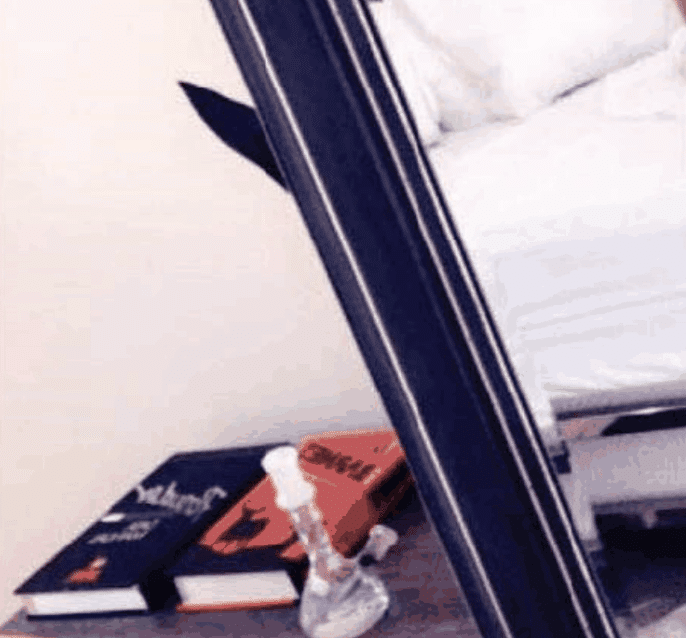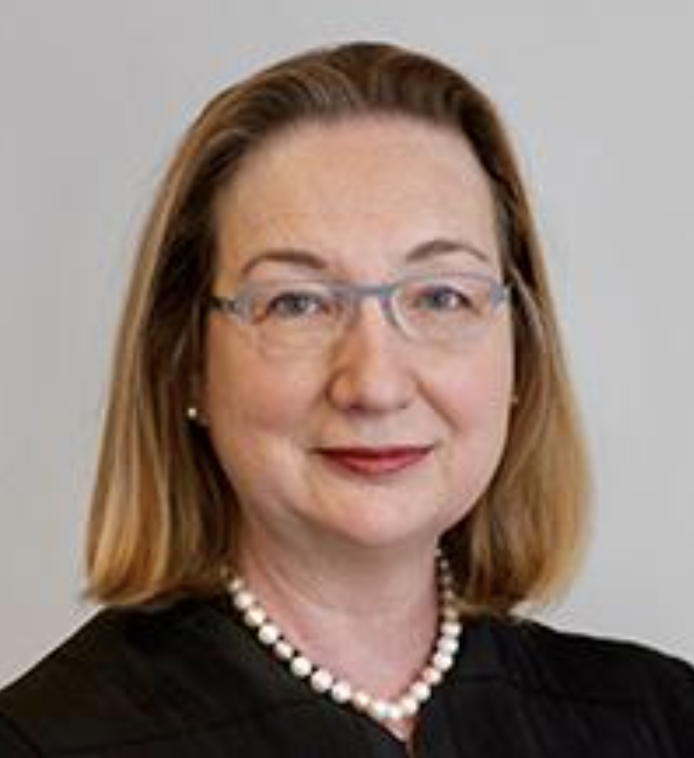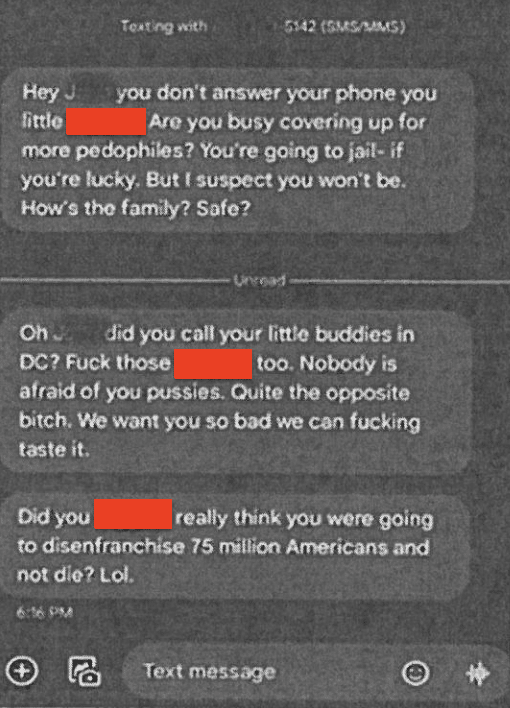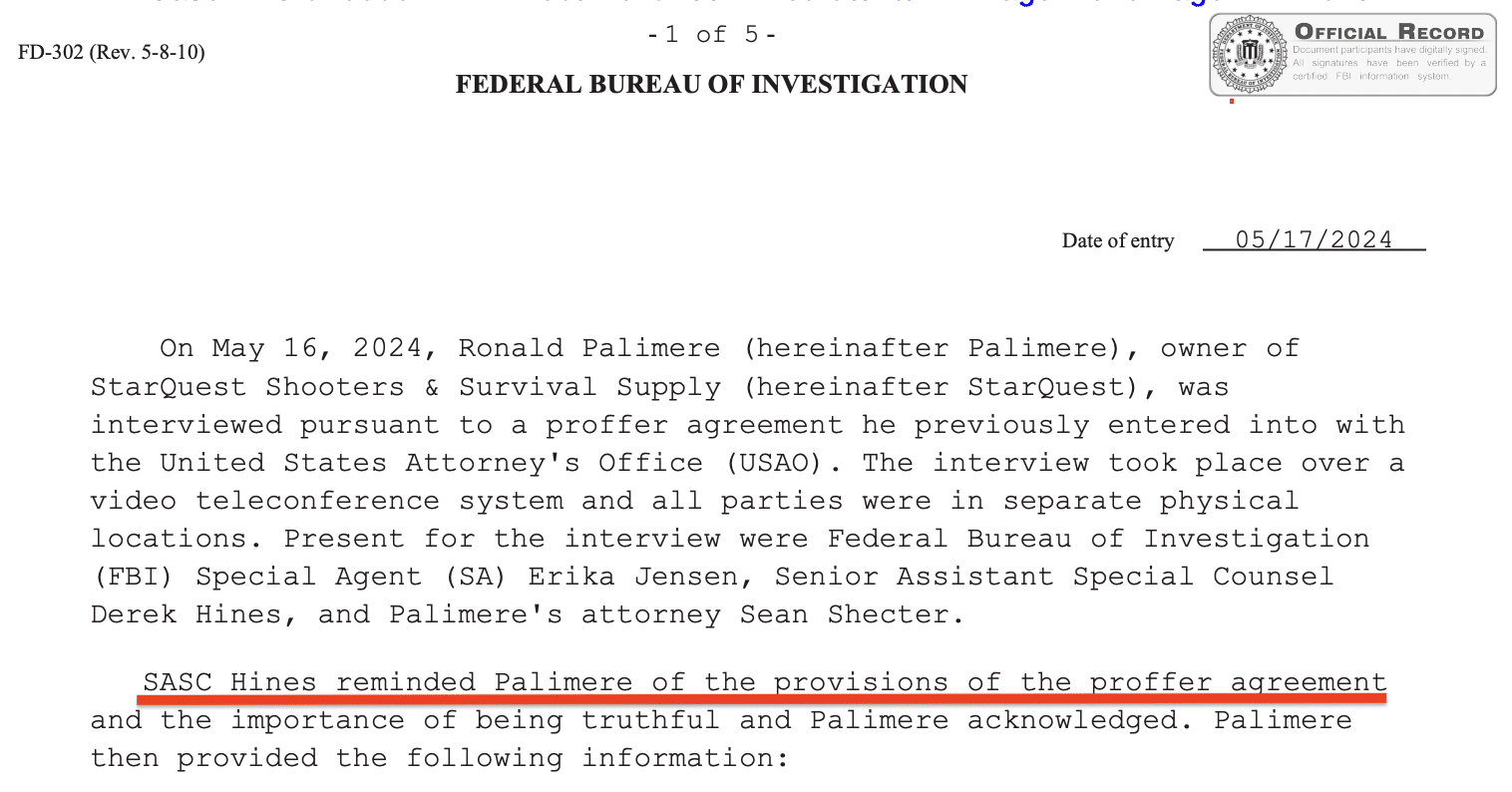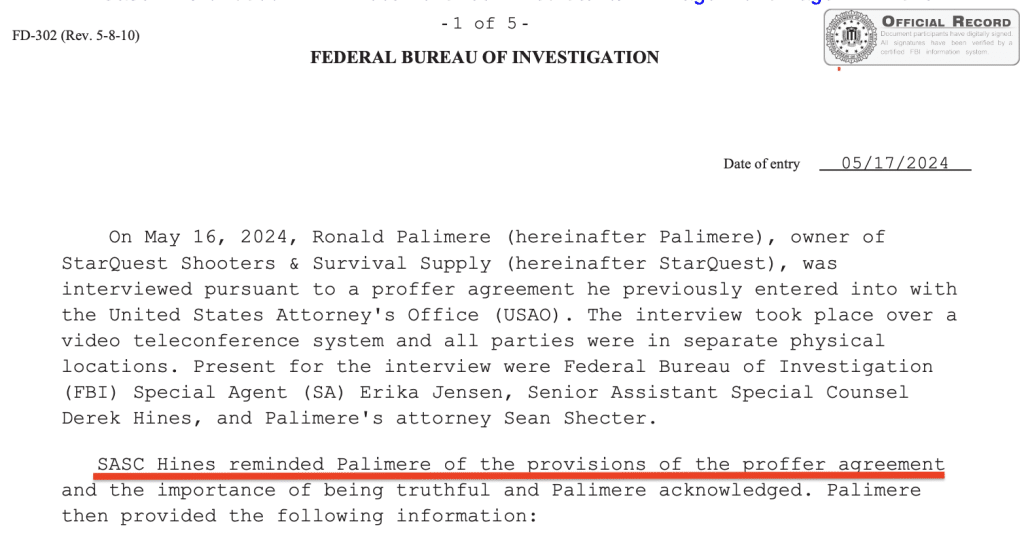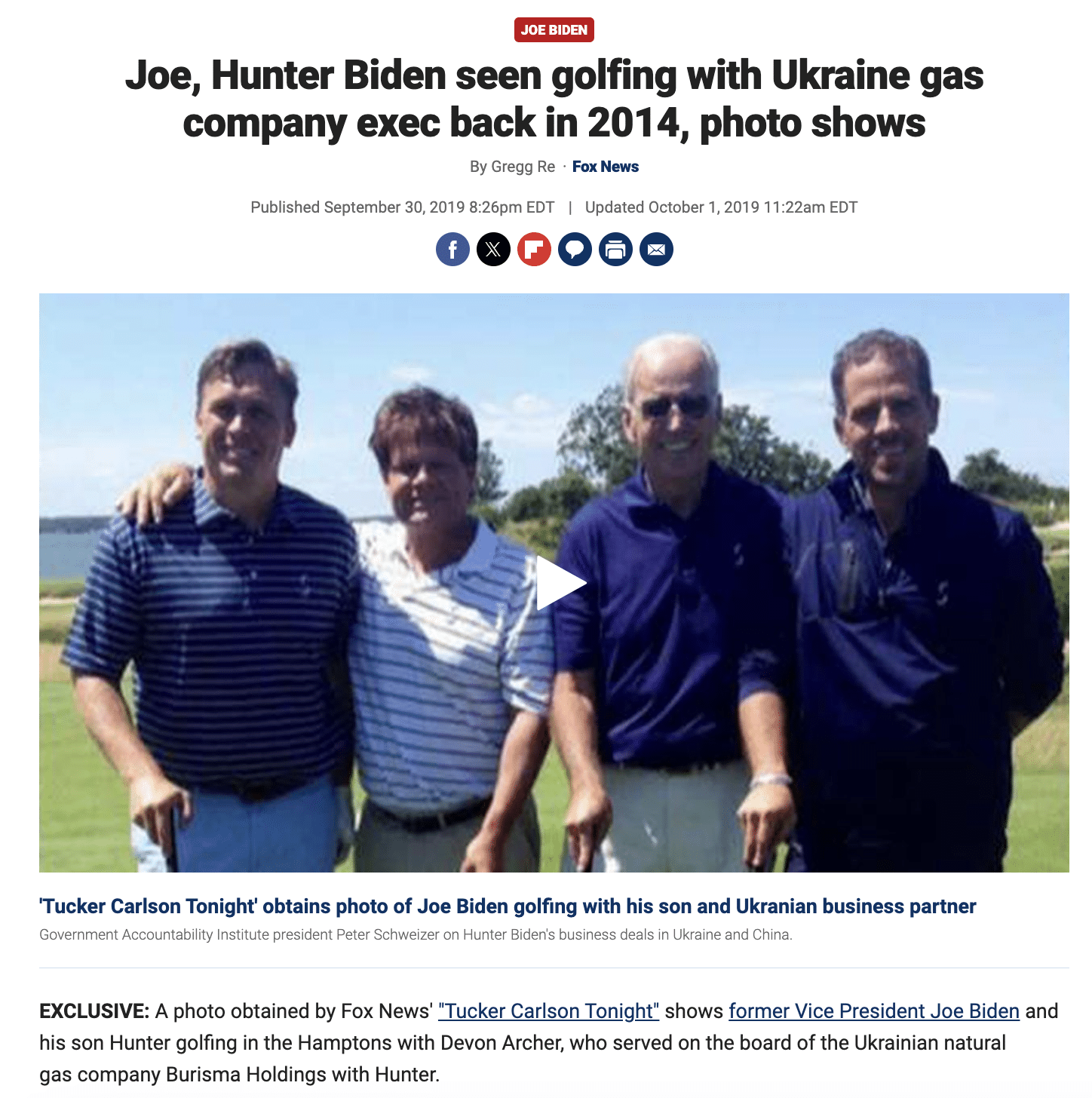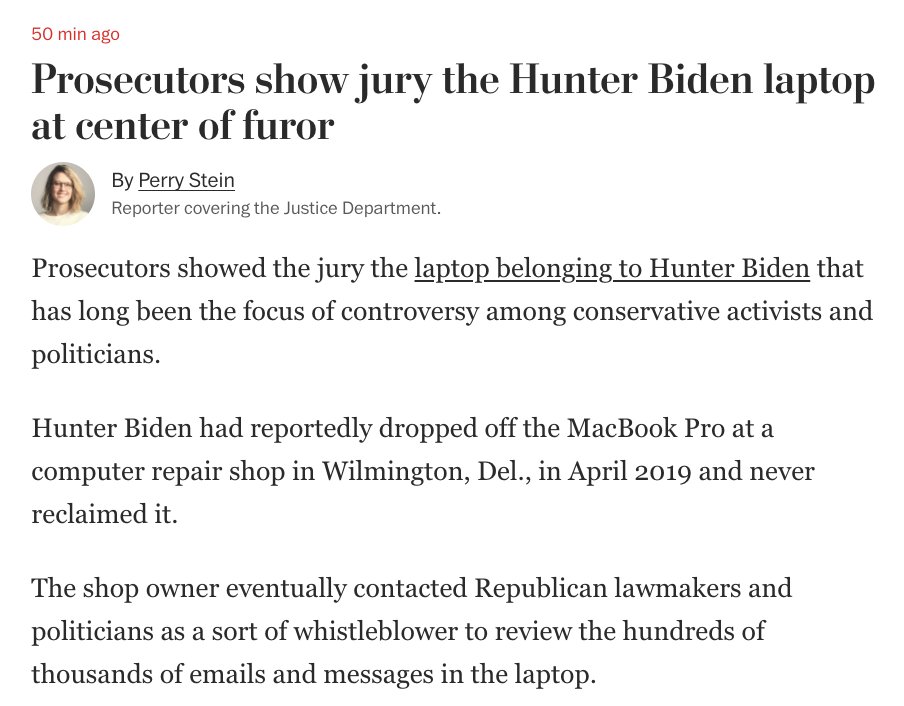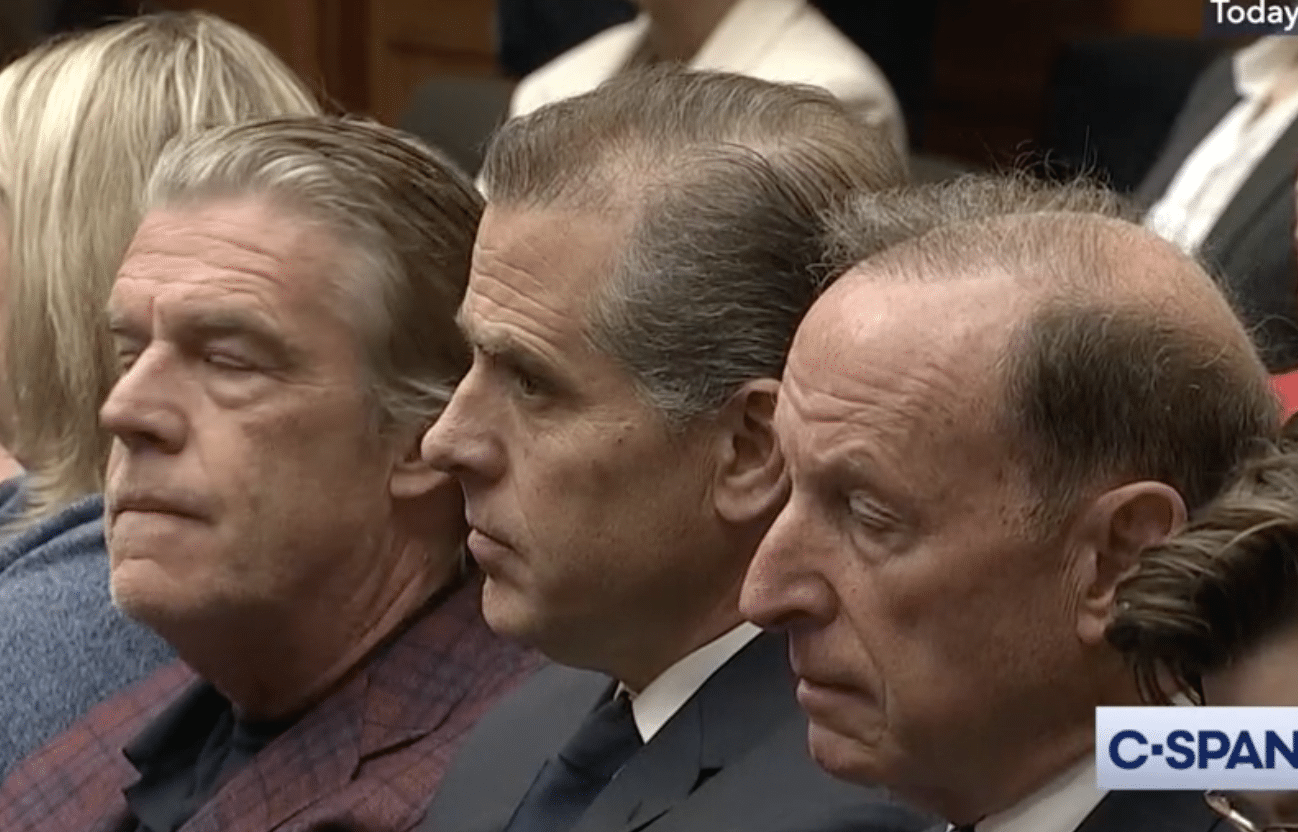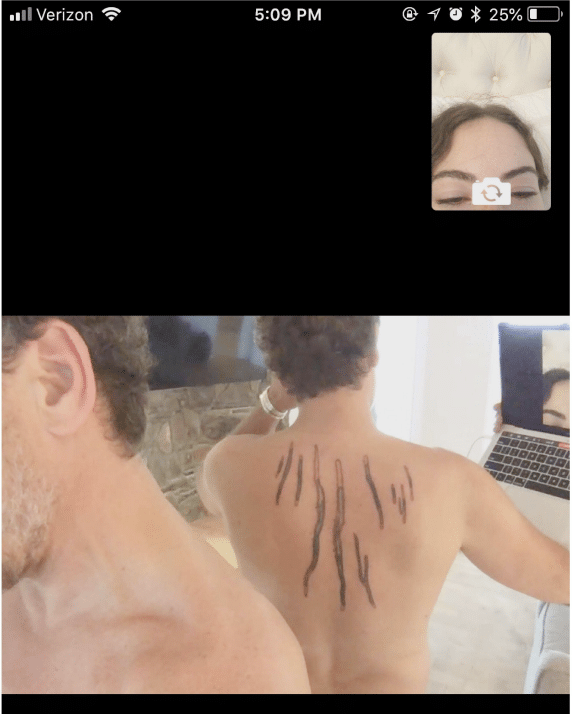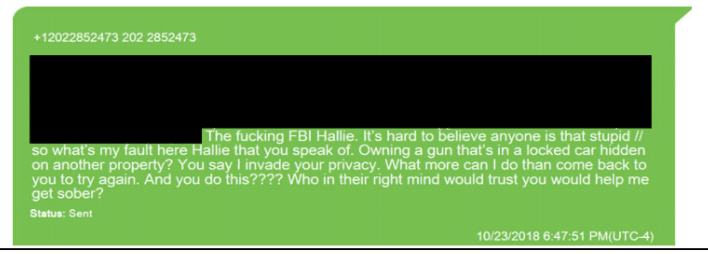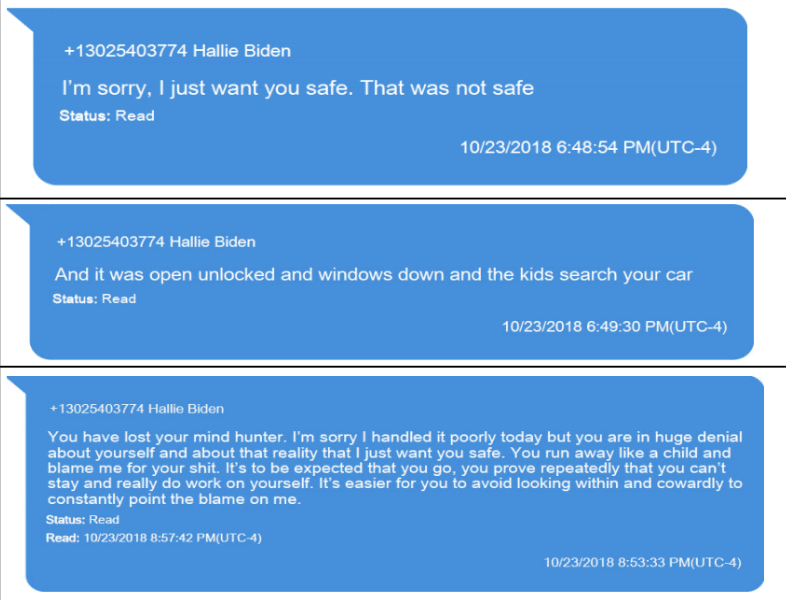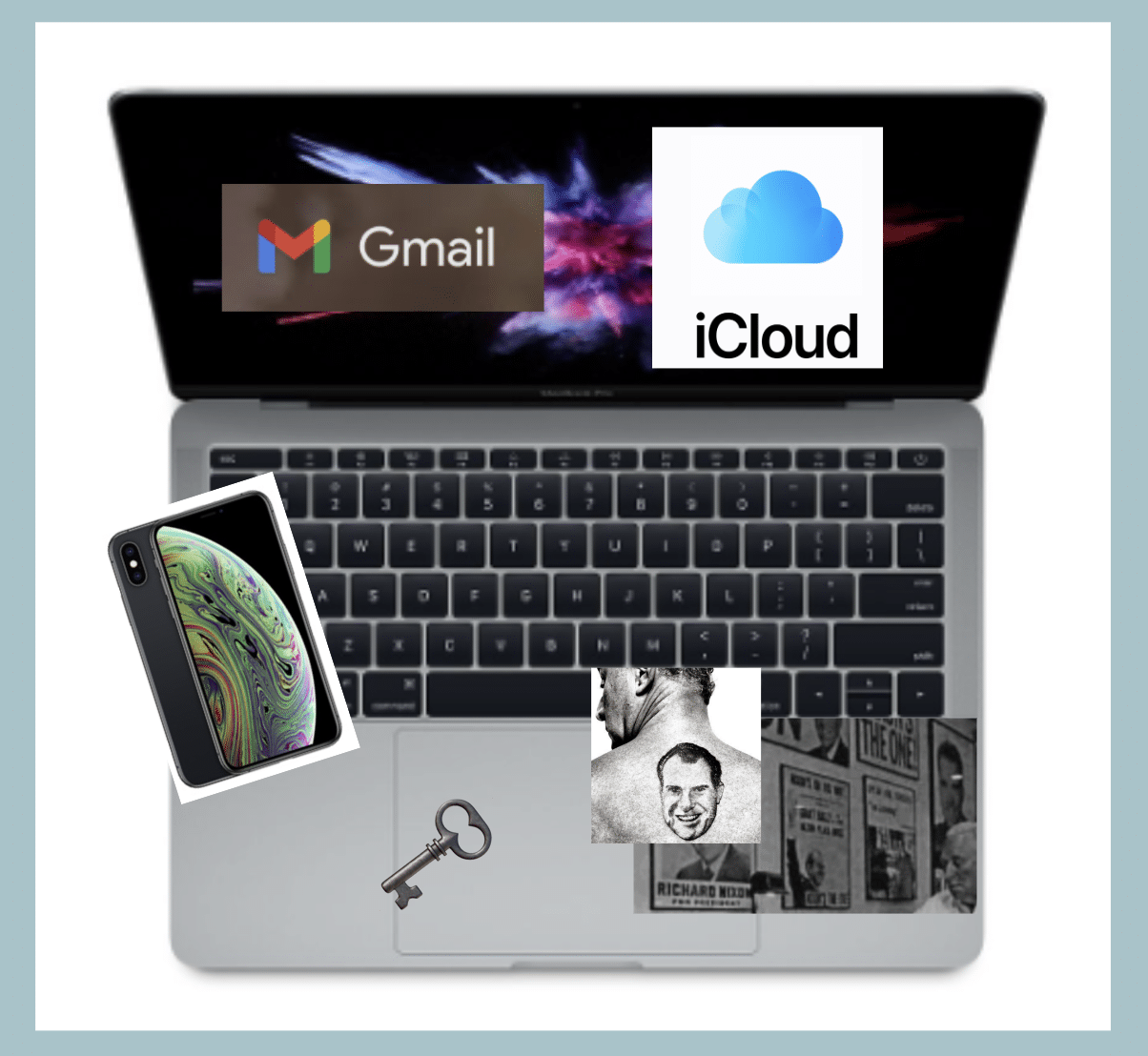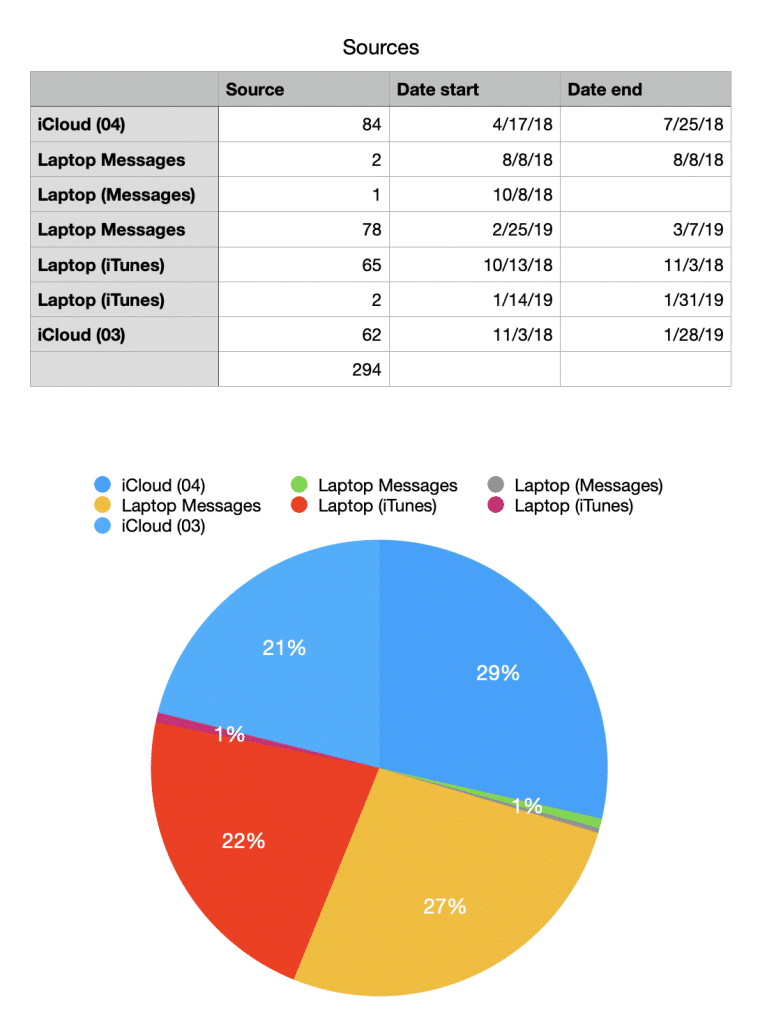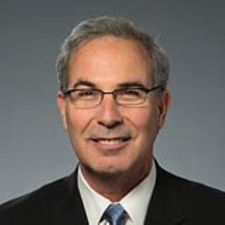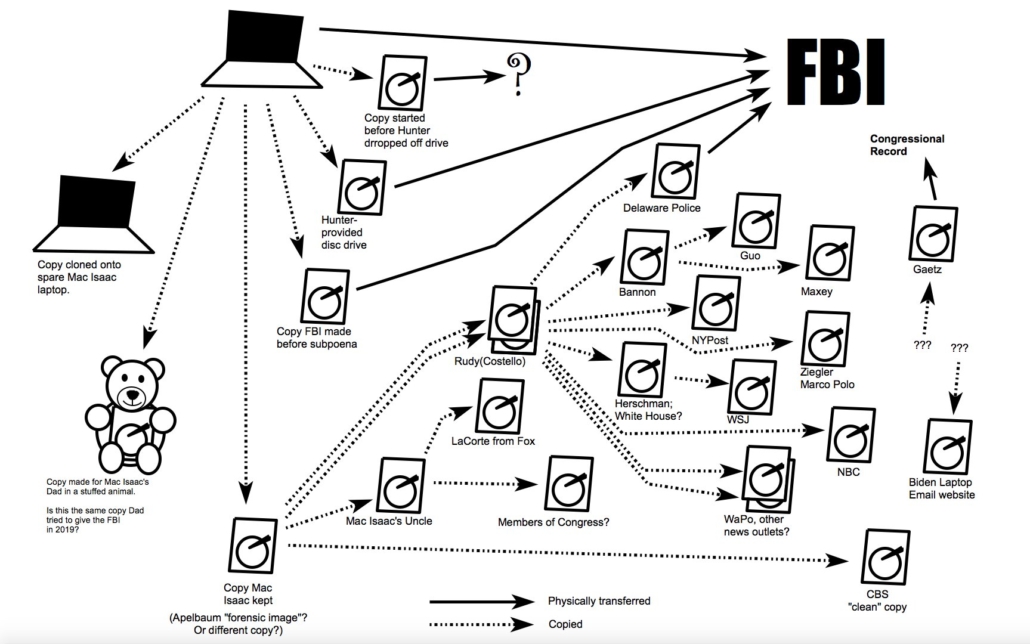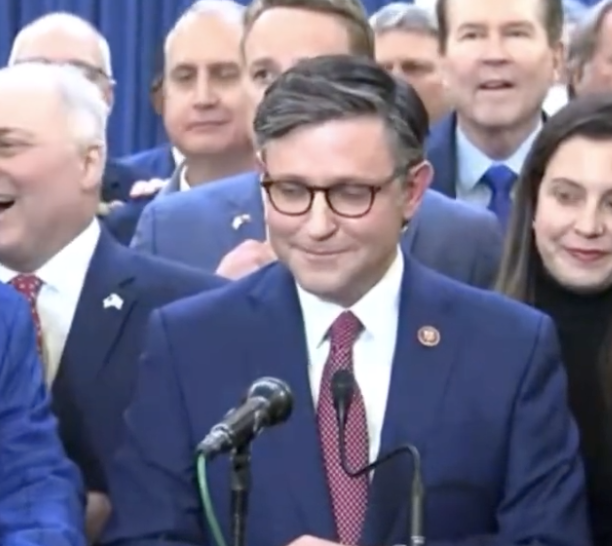“Double Jeopardy Protection … Is [Hunter Biden’s] Right”
“Mr. Biden took the case to trial,” Abbe Lowell wrote in a reply brief arguing that an June 25, 2022 amendment to the statute that previously made 18 U.S.C. § 922(g)(3) a crime made the possession charge filed against Hunter non-viable retroactively, “so that either by conviction or acquittal from the jury or by this Court, he would have double jeopardy protection against future prosecutions. That is his right.”
The means by which Lowell hopes to make the third count of which Hunter was convicted go away are a bit tricker than that: basically, when Congress changed the gun law in 2022, they added another one, increasing the penalty on the charge. But there was no way (Lowell argues) to charge Hunter under a law enacted four years after he owned a gun if he hadn’t already been charged.
The Special Counsel’s invocation of the 1871 savings clause now found in 1 U.S.C. § 109 is off base, because that statute only saves prosecutions that already had been filed when the law was amended. It does not allow the Special Counsel to bring new prosecutions post-amendment based on conduct that violated a pre-amendment statute, which is exactly what the Special Counsel has done. Not only does the language of Section 109 itself make this clear, but the 153-year history since the statute was enacted confirms this reading. Congress regularly attaches savings clauses to legislation to allow new prosecutions to be brought for violations of prior law, when it chooses to do so, and it did not do so here.
As I said here, I was persuaded by Derek Hines’ argument that this complaint is untimely. I’m no longer so sure.
What I am humbly reconsidering, though, is whether when I scolded others for oversimplifying the reasons why Hunter would go to trial, I was not myself also oversimplifying.
Take the new motion Lowell filed today (though he accidentally posted, then withdrew it, last week), arguing that because the Third Circuit never issued a mandate after rejecting Hunter’s second bid for interlocutory appeal, Maryellen Noreika did not have jurisdiction over this case when she held a trial.
The Third Circuit entered an order dismissing Mr. Biden’s second appeal on May 28, 2024, and denied Mr. Biden’s rehearing petition on the first appeal on May 31, 2024. The Third Circuit, however, did not then and has not yet issued its mandate as to the orders dismissing either appeal. Thus, when this Court empaneled the jury on June 3, 2024 and proceeded to trial, it was without jurisdiction to do so.
This particular motion would not win an acquittal if it were to succeed. It would only get Hunter a new trial.
But if Lowell was really confident that this jurisdictional ploy would work, it might explain some of the things he appeared to let slide at trial. If Lowell expected he might get a second trial, potentially even one with the core gun charge eliminated, he might let some things slide he otherwise would not, thereby preserving those arguments for a potential second trial.
That leaves the substantive reply submitted today, Lowell’s post-Rahimi support for Hunter’s as-applied Second Amendment challenge, which like Derek Hines’ response, is longer than his initial Rule 29 motion (though the reply is still have the length of Hines’ response).
This fight — because of the nearly unique nature of the charges against a non-violent offender like Hunter, because of the circumstances of his charging, because of the timing — was always going to be interesting.
It does not disappoint.
This filing mocks SCOTUS as much as David Weiss’ folks.
The Special Counsel often relies on post-Founding Era purported precedents, but those come too late to inform what was intended by those who ratified the Second Amendment. As Rahimi explained: “A court must ascertain whether the new law is ‘relevantly similar’ to laws that our tradition is understood to permit, ‘apply[ing] faithfully the balance struck by the founding generation to modern circumstances.’” Slip op. at 7 (quoting N.Y. State Rifle & Pistol Assn., Inc. v. Bruen, 597 U.S. 1, 29 & n.7 (2022); see also Slip op. at 3 (Gorsuch, J. concurring) (noting the relevant timeframe is the time of founding for interpreting the Constitution); Slip op. at 2 (Barrett, J., concurring) (explaining post-ratification practice may not reflect Founding Era views); Slip op. at 28 (Thomas, J., dissenting).
But the key point does something similar to the other tactical moves Lowell took today: It uses Leo Wise and Derek Hines’ prosecutorial dickishness against them. It notes that, against Lowell’s wishes, Judge Noreika granted prosecutors’ bid to keep all Second Amendment claims out of trial.
It was only told to find whether the statutes as written were violated—without any further finding necessary to satisfy the Second Amendment. 6/10/24 Tr. at 1298. In fact, the Special Counsel sought, and this Court granted, a motion in limine to prevent reference to a Second Amendment defense. D.E.189 at 3 (Order granting government’s motion (D.E.124) to exclude argument, evidence and questioning relating to the constitutionality of the firearm statute). The Sixth Amendment prevents Mr. Biden’s conviction from resting upon any judge found facts, those facts must be found by a jury beyond a reasonable doubt, and—over Mr. Biden’s objection—the jury was not even asked to find the facts necessary for his conduct to be a crime consistent with the Second Amendment. Erlinger, Slip op. at 11 (“Judges may not assume the jury’s factfinding function for themselves, let alone purport to perform it using a mere preponderance-of-theevidence standard.”).
It emphasizes that Derek Hines instructed the jury from the start that they were not to consider the one thing SCOTUS says should be considered: whether an individual is dangerous.
Beyond advancing this erroneous legal theory (or “invented” theory, according to Justice Thomas, Slip op. at 28 (Thomas, J., dissenting)), the Special Counsel is simply wrong in claiming that Mr. Biden posed any risk of violence. We do not quarrel with the Special Counsel’s claims and statistics that many users of crack are violent and have misused guns, but—while the Special Counsel has extensively chronicled Mr. Biden’s conduct over several years of crack use—the Special Counsel has not identified a single time in which Mr. Biden became violent. Not one. And there is no evidence whatsoever that Mr. Biden ever loaded, fired, brandished, or threatened anyone with a gun, or that it was ever even in his actual physical possession at any time in which he was allegedly using any drug.
Mr. Hines conceded this point in his opening:
To be clear, Mr. Biden is not charged with a violent offense, the gun was taken from him just after 11 days before anything like that could occur. But it’s important to note that whether the defendant is dangerous is not an issue that’s relevant for your determinations in this case. He’s just charged with possession of a gun. 6/4/24 Tr. at 341 (emphasis added).
Not only is this an acknowledgment that no violent offense did “occur,” Mr. Hines told the jury it would not be making any finding as to “whether the defendant is dangerous.” Id. And he was right about that—nothing in the jury instructions asked the jury to find whether Mr. Biden was dangerous. Thus, even if this is an element of the offense that must be read into the statute to make it constitutional, the jury was not asked to find this element met as is required by the Sixth Amendment.
And it notes that Derek Hines cannot now argue that Hunter Biden was dangerous categorically.
The Special Counsel devotes much of its opposition to claiming that Mr. Biden’s drug use made him dangerous(D.E.234 at Sec. I.B.), but Rahimi clearly rejected the government’s argument that this is a basis for disarmament. A more particularized historical analogy is required. As the Supreme Court explained in Rahimi, while “holding that Section 922(g)(8) is constitutional as applied to Rahimi,” the Court “reject[ed] the Government’s contention that Rahimi may be disarmed simply because he is not ‘responsible.’” Slip op. at 17; see Slip op. at 6 (Gorsuch, J., concurring) (“Nor do we purport to approve in advance other laws denying firearms on a categorical basis to any group of persons a legislature happens to deem, as the government puts it, not ‘responsible.’”) (emphasis added). At oral argument, the government explained that “when it used the term ‘responsible’ in its briefs, it really meant ‘not dangerous.’” Slip op. at 28 (Thomas, J. dissenting) (emphasis in original). With respect to this argument “that the Second Amendment allows Congress to disarm anyone who is not ‘responsible’ and ‘law-abiding,’” Justice Thomas emphasized: “Not a single Member of the Court adopts the Government’s theory.” Id. at 27. To highlight thisfact, Justice Gorsuch requoted Justice Thomas’ point in his concurrence. Slip op. at 6 (Gorsuch, J., concurring) (“Not a single Member of the Court adopts the Government’s theory”).
The reason for that is self-evident. The Government’s proposed justification is also far too general. Nearly all firearm regulations can be cast as preventing ‘irresponsible’ or ‘unfit’ persons from accessing firearms. In addition, to argue that a law limiting access to firearms is justified by the fact that the regulated groups should not have access to firearms is a logical merry-goround. As the Court has made clear, such overly broad judgments cannot suffice.
Slip op. at 15 (Thomas, J., dissenting).
It’s the jury’s job to make findings of fact that might be required by SCOTUS’s fiddling with gun laws.
The Special Counsel devotes much of his brief to arguing the facts, but he is directing his repeated closing argument to the wrong forum. This Court properly told the jury that “you are the sole judges of the facts,” and this jury was not asked to find the constitutionally relevant facts.
This won’t persuade Judge Noreika. But it will bollox the posture of this case, particularly if Hunter wins a retrial based on the jurisdictional ploy. What kind of jury instructions would Noreika give, post-Rahimi?
Finally, Lowell notes that if SCOTUS eventually does change the rules on 18 USC 922(g)(3) prosecutions — perhaps by requiring that a jury find a defendant also posed a danger as an addict — Hunter would never have had notice of this standard before he violated it.
That begs the question:* where is this line that separates not only what is legal from what is illegal, but where the exercise of a constitutionally protected right becomes a felony? How does a person have fair notice of when he or she is allowed to possess a firearm if they used a prohibited substance a day, a week, a month or, as the Special Counsel argued, years before? This Court has not said, and the jury that would have to find a constitutionally permissible charge to convict was not told either. In other words, whatever more facts must be proven beyond Section 922(g)(3)’s statutory language for a conviction to be proven—such as active intoxication while physically armed and terrorizing people—remains an unknown and were never found by the jury.
Moreover, once the Court does announce where this line exists, that guidance is only of value to the people of Delaware prospectively. It comes too late for people like Mr. Biden to be able to conform their conduct within the constitutional bounds of the law previously. Thus, while courts may impose limiting constructions on a statute to resolve constitutional problems with them in some circumstances, principles of due process notice prevent those new standards from being applied retroactively. See, e.g., Marks v. United States, 430 U.S. 188, 194–95 (1977); Bouie v. City of Columbia, 378 U.S. 347, 362 (1964). Additionally, when courts add a judicial gloss on a statute, that gloss must be charged in an indictment like any other element. See, e.g., Simmons, 96 U.S. at 363. There is no point in saving a statute from being found unconstitutional through a limiting construction if the grand jury that makes a charging decision and the jury that is asked to convict are never told what is required by a court’s limiting construction. Consequently, if the Court finds that the Second Amendment places a gloss on Section 922(g)(3) that narrows the constitutionally permissible scope of the statute, Mr. Biden must be acquitted on that ground alone.
None of this is about contesting the circumstances of Hunter’s addiction when he possessed a gun. Rather, it’s about contesting whether his addiction would be enough to satisfy any new standard SCOTUS might adopt.
But these problems were always inherent in charging a non-violent offender on gun charges just days before the statutes of limitation expired even as multiple post-Bruen challenges threatened to change the landscape of the crimes charged.
This won’t win acquittal on all charges for Hunter. But it may well complicate things.
* Note: Having called out Judge Scarsi for his misuse of “begs the question,” I must call out Lowell’s usage here, too.


